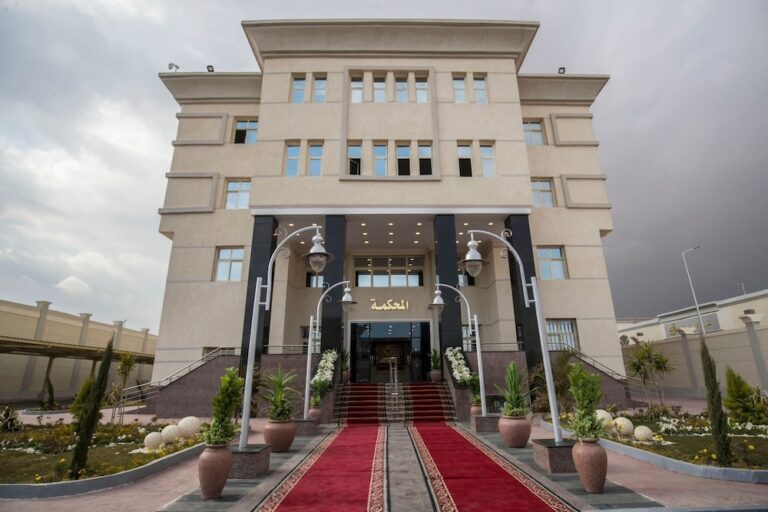(ANHRI/IFEX) – The Arabic Network for Human Rights Information (ANHRI) considered the week of 7 April 2009 to be a “black week for freedom of press and expression in Egypt”. During the week, the license of “Ibda’e”, an important Egyptian and Arabic magazine, was cancelled on 7 April, followed by “Elbadeel” newspaper’s declaration that they […]
(ANHRI/IFEX) – The Arabic Network for Human Rights Information (ANHRI) considered the week of 7 April 2009 to be a “black week for freedom of press and expression in Egypt”. During the week, the license of “Ibda’e”, an important Egyptian and Arabic magazine, was cancelled on 7 April, followed by “Elbadeel” newspaper’s declaration that they were replacing their daily editions with a weekly one as a result of the international financial crisis. Moreover the the most recent issue of “Share’e alsahafaa” newspaper was confiscated based on “censorship on printed materials” guidelines because of a special report that it contained on “Succession in Egypt”.
Regarding “Ibda’e” magazine, the administrative court decided to cancel its license after a “Hesba” case filed by a lawyer, even though the magazine is state owned. This case was connected to the publishing of the poem “Shorfat Laila Morad”, which was considered to be insulting to god and aroused discussions among intellectuals and religious figures. The harsh verdict was made although the magazine issue which contained the poem was confiscated. This verdict is considered a cruel blow against freedom of expression in Egypt, and against the culture minister who is trying to head UNESCO, the most important cultural institution in the world.
As a result of the deep financial crisis, “Elbadeel” newspaper printed its last daily issue after many attempts to continue and survive. The crisis and the siege imposed by the state, depriving the newspaper of having any advertisements, obligated the newspaper to stop publishing a daily edition, which is considered by ANHRI as a great loss to serious independent journalism in Egypt.
Because of a special report on succession in Egypt, the administration of censorship on foreign printed materials confiscated the eighth issue of “Share’e alsahafa”. As usual, the confiscation came with no official decision or comment or even clarification from the censorship administration.
“The disaster is not only in stopping three important publications, but in considering this as a common event, which it is not. It is a tough blow against freedom of expression and press in Egypt and against every activist interested in those freedoms all over the world”, said ANHRI.
“The daily governmental financial loss of an institution such as ‘Rosalyousef’ newspaper could have covered ‘Elbadeel”s expenses for a month. ‘Elbadeel’ represents vast and different social categories in Egypt, whereas ‘Rosalyousef’ only represents the Secretariat in the ruling National Democratic Party. This is what matters for the government rather than freedom of the press and expression,” ANHRI added.
ANHRI reiterates its demands to allow newspapers to publish freely and that the censorship administration be cancelled completely, so that confiscating a newspaper or delaying its issues would not simply be a matter of a pen stroke by an employee or a police officer or even an oral decision.


